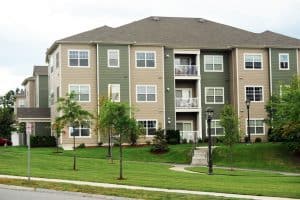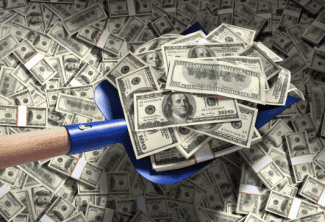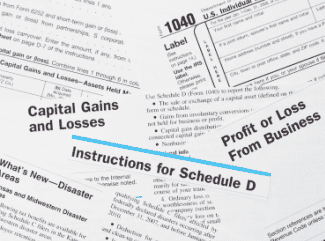When Choosing A Property Investment Style, Consider More Than Risk Plus Effort

What is the easiest and lowest-risk, income-producing real estate asset you can buy, and how do the returns stack up to the risky, burdensome kind?
Throughout my 15-year real estate career, I’ve listed and sold everything from a small condominium to an entire condominium complex, to a marina, bank, restaurant, grocery store, department store, office building and plot of land. I’ve asked myself which ones have made the best investments and which ones have outperformed or will outperform others over time. More simply, what’s the best kind of property to buy?
If another investor asked me for my take on it, I would answer that question with a question: What kind of person are you?
Personally, I don’t have any appetite at all for losing money, and my time and lifestyle is of the utmost importance to me. I don’t want to buy a real estate investment that will become a job, be a nuisance, eat away at my time at work or with my family. I certainly don’t want to lose money on a piece of real estate — yet I, like many others, know that real estate should be part of my portfolio.
The Safer Bet
If the inquiring investor was like me, I know what I’d recommend: a ground lease. If purchased and structured correctly, these have many benefits and provide some of the easiest-to-own and least-risky real estate investments available in the marketplace. The ground you are purchasing can be located beneath an office building, apartment building, retail center or even an industrial warehouse. Since you don’t own the building, you are not responsible for its maintenance. You will receive income in the form of monthly ground rent from the owner of the building, and one day many years from now, the building will revert to you or your heirs.
I like this form of investment because, in many cases, if your tenant defaults on the ground rent payment, the building immediately reverts to you and your asset value should significantly increase. This, in my opinion, is a very good hedge against tenant risk. This type of asset is also entirely maintenance-free.
Sound too good to be true? Here’s the downside: The returns are low. I should rephrase that — the cash-on-cash return is low. But remember, cash-on-cash is easily and frequently taxable, so should it be on the forefront of your investment objectives? It’s not on mine — I prefer appreciation because I can better control the tax consequences on that form of return. So with a ground lease, we’re talking low risk, zero management, and good returns.
For The Riskier Investor
If the inquiring investor were the opposite of me and preferred more aggressive and immediate double-digit returns (and doesn’t mind working for them), I’d have a recommendation for them as well. If you like a property you can buy with high leverage and add value through lease-up or remodeling and want to outperform the more passive investor, consider leaseholds.
Too many investors avoid leaseholds at all costs. I struggle to understand why, even after examining the pros and cons. The obvious downside is that you don’t own the land and one day will have to give your building away. It’s a pretty significant downside, but should it be a deal killer?
Let’s stop and think about it. Some of the largest and most successful real estate companies in the world own leaseholds. McDonald’s is the perfect example. Why does this commonly known household name prefer leaseholds and the average investor work so hard to avoid them? McDonald’s could not stomach earning only 3-5% on their equity. That’s the market capitalization rate for a leased fee ground lease. And frankly, I agree with them. With so many investors boasting a proven track record of consistent double-digit returns, why do so many settle for 3-5% on the equity they have parked in their dirt?
I think the common misconception is that the land will appreciate over time and repay you for the low return. I might agree with that concept if I wasn’t a firm believer in compounding interest. Like Warren Buffet, who has preached, “My wealth has come from a combination of living in America, some lucky genes, and compound interest,” I believe that the higher annual return, if compounded correctly, will outperform the appreciation of many pieces of land — especially those in areas where land is abundant.
So in summary, always stop and think about our real estate investment strategies and objectives, and maybe even be willing to stray from the ordinary.
Source: forbes.com















 Accessibility
Accessibility